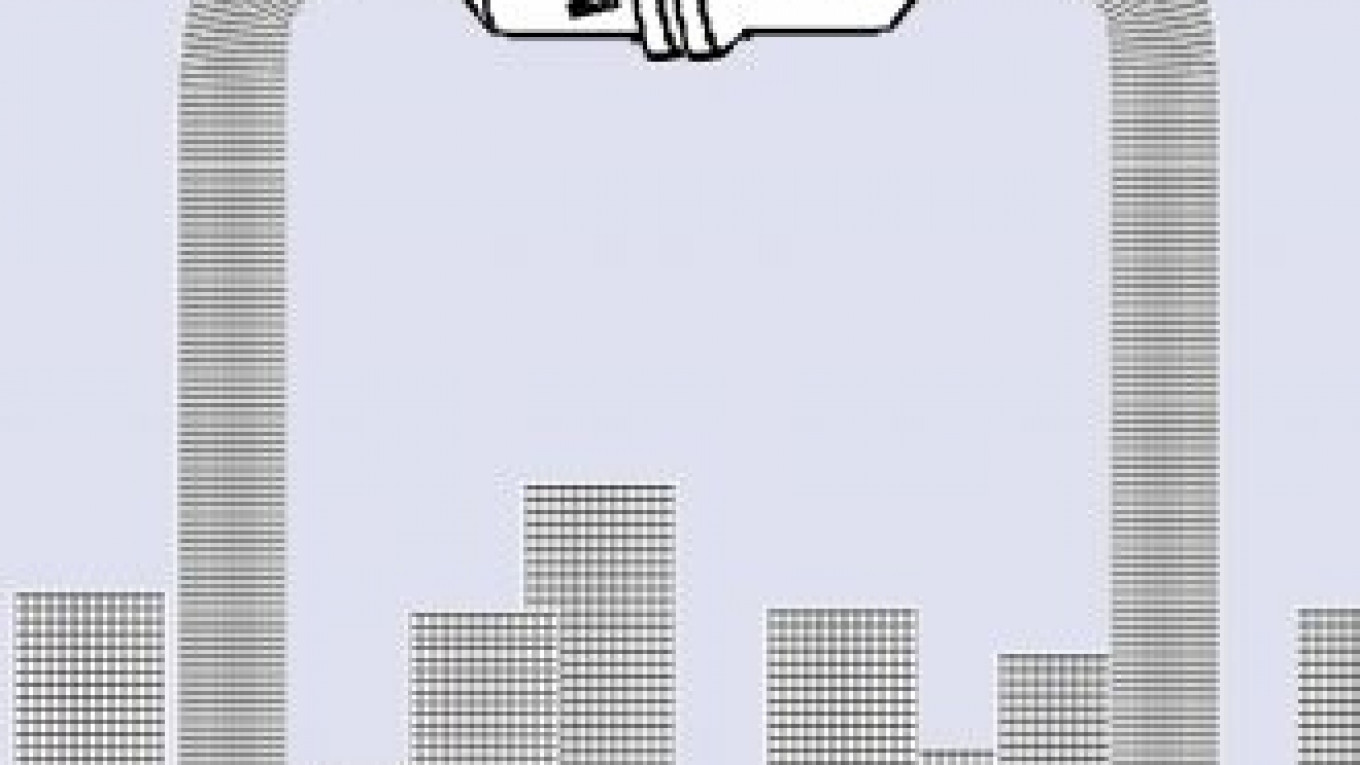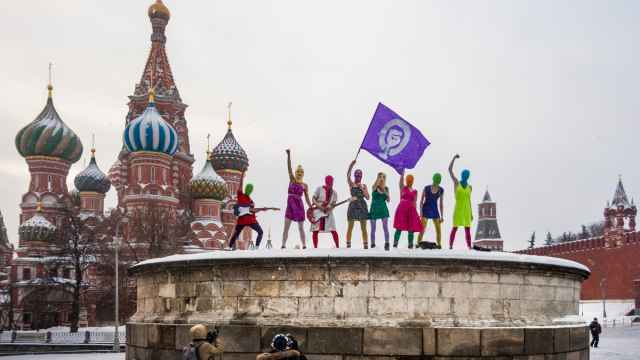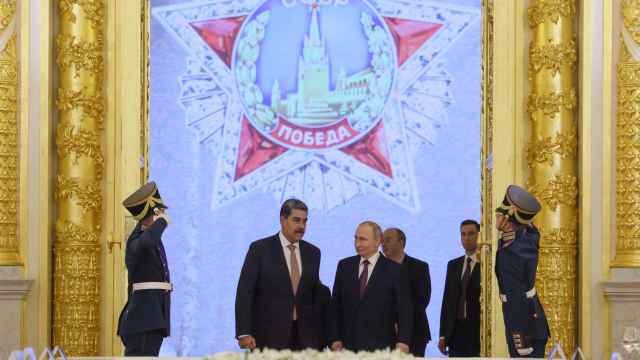On Feb. 2, Russia just took a big step toward creating an international financial center in Moscow and modernizing the country. This is when Central Bank Deputy Chairman Alexei Ulyukayev announced that Russia’s two main exchanges, MICEX and RTS, would be merged into a single entity.
Russia’s financial system is at the core of the modernization program as the capital markets provide the lifeblood companies need to invest and bring the economy up to the point where it can compete head-to-head with the developed world. The merger is the culmination of nearly two years of planning. The state initiated a program to create a global financial center in April 2008, but progress on the reforms were brought to an abrupt halt six months later following the collapse of Lehman Brothers in the United States and the start of the global financial crisis. But now, Russia’s economy is clearly emerging from the maelstrom, and it is telling that the first reform the state has restarted is creating the IFC.
Russia’s capital market has come a long way since it was set up in the mid-1990s as a venue to buy and sell privatization vouchers. Since then, it has grown into a fully fledged market with a market capitalization of more than $1.7 trillion and a turnover of between $2 billion and $3 billion a day. Indeed, the Russian stock market accounts for fully half of the capitalization of all the exchanges that operate in the former Communist bloc, so the creation of an even more powerful exchange will have a beneficial effect on the entire region.
MICEX president Ruben Aganbegyan pointed out on Wednesday that the countries of the Commonwealth of Independent States are moving together again, and Moscow is an obvious financial center for the entire region. As a rule, most other exchanges in CIS countries follow Russia’s lead, and in 2009 the RTS took control of the Ukrainian Exchange, which quickly became the predominant venue for trading stocks.
Capital is truly international, with trades being conducted globally around the clock. But there is a gap in this system. New York trades with London, and London trades with Hong Kong, which trades with Shanghai or Singapore. Sitting on the border of Europe and Asia, Moscow is in an ideal position to link the trading days of London and Hong Kong, the biggest and the fastest-growing markets in the world, respectively.
Despite the growth of the market, size is not everything. As Aganbegyan pointed out: “If you look in almost any direction, there is a lot of work to be done. The goal is that an international investor doesn’t see any difference doing business in Moscow as they would in New York or London.”
The new enlarged exchange will be put on a state of the art platform that will improve its speed and efficiency. A single global custodian will be introduced that will both reduce the costs and risks of trading. But maybe more important than this is how the deal is being done. The intention is clearly to make the merger a textbook example of transparency and best practices and to create an idea for companies to follow. An amicable merger with transparent and fair conditions, the total valuation of the exchanges is about twice that of the current market estimates, or $840 billion with MICEX paying an additional 37 percent premium for a controlling stake.
Aganbegyan stressed that the main goal of the merger is to upgrade the infrastructure and attract the kind of human capital that will make Moscow a cutting-edge financial center. The shareholders of the exchange have also got half an eye on a future initial public offering sometime soon. Indeed, Finance Minister Alexei Kudrin explicitly said the state intends to start withdrawing from the financial sector over the next three years and kicks off the drive with the sale of up to 20 percent of Russia’s second-biggest bank, VTB.
Marina Chekurova is director of Renaissance Asset Managers.
A Message from The Moscow Times:
Dear readers,
We are facing unprecedented challenges. Russia's Prosecutor General's Office has designated The Moscow Times as an "undesirable" organization, criminalizing our work and putting our staff at risk of prosecution. This follows our earlier unjust labeling as a "foreign agent."
These actions are direct attempts to silence independent journalism in Russia. The authorities claim our work "discredits the decisions of the Russian leadership." We see things differently: we strive to provide accurate, unbiased reporting on Russia.
We, the journalists of The Moscow Times, refuse to be silenced. But to continue our work, we need your help.
Your support, no matter how small, makes a world of difference. If you can, please support us monthly starting from just $2. It's quick to set up, and every contribution makes a significant impact.
By supporting The Moscow Times, you're defending open, independent journalism in the face of repression. Thank you for standing with us.
Remind me later.






